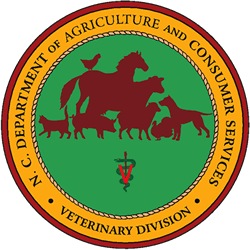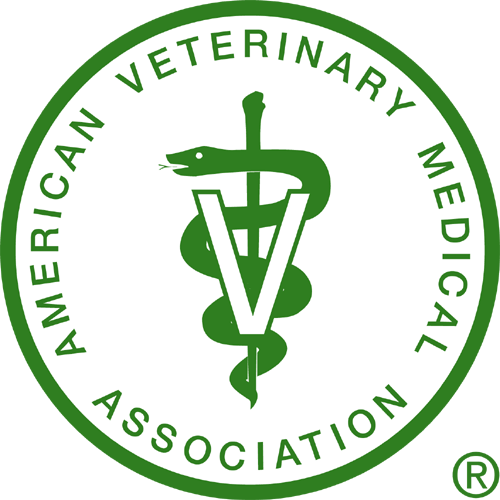Sometimes colic happens spontaneously and there was nothing to be done to change the situation. But sometimes colic is preventable. So what steps can you take to prevent colic?
Make sure your horse always has access to clean fresh water. In the winter time make sure your horse is drinking the water. Some horses will not readily drink cold water, at least not enough to prevent an impaction colic. Especially during the really cold snaps or sudden changes in temperature. Take your horse warm fresh water or invest in a heater for your buckets or troughs. Discuss with your veterinarian if your horse would benefit from an electrolyte supplement to support hydration during the weather changes.
Ensure any changes to your horse’s diet are deliberate slow changes. Taking 2 weeks to transition feeds is a good rule of thumb. Any time a change is made, introduce it as gradually as you can and watch your horse closely.
Feed a good quality forage. Pasture or hay, make sure it is good quality. And remember to introduce new forages slowly and increase pasture turnout slowly. If possible, allow access to forage at all times. If this is not possible for metabolic reasons, try to stretch the time out as much as possible with slow feed hay nets and multiple smaller hay meals.
Provide regular exercise. This is especially important if your horse is stalled regularly or for long lengths of time. Horses on pasture turn out get more exercise by default. Make changes to your horse’s routine slowly. If you are a couch potato, you aren’t going to appreciate having to run a marathon at the drop of a hat. Scale your horses exercise up and down appropriately. Horses are natural athletes and some tend to hide it if we are pushing them too hard. If your horse is put on stall rest for an injury or other medical reason watch them extremely closely. Ask your veterinarian if there are steps you need to take to help prevent colic for your horse during this sudden change in exercise routine.
Make sure your horse is on a regular internal parasite prevention management plan tailored to their specific needs, shedding levels, and risk factors. Each horse is unique and needs different deworming schedules. Often owners are under or over deworming their horses. Get in the know, ask your veterinarian if your deworming plan is right for your horse.
Monitor stress levels. Some stress is unavoidable (travel, shows, new horses in the barn, etc) but we can help manage our horse to help lower the stress as much as possible. Horses are just like people in that they all handle stress differently and are stressed by different situations. Discuss with your veterinarian about using an electrolyte supplement or other techniques to ensure your horse is hydrating adequately during travel and showing. These horses should at least be watched very closely during stressful times. Also avoid making other changes (diet, exercise) during seasons of stress.
Routine dental care ensures your horse is able to chew their food well. This makes for a smaller, more easily digested particle size of food.
Know your horse. Have they had an episode of colic before? More than one? What kind? Is there anything you can do to prevent such an episode in the future? Work closely with your veterinarian to understand if there are any changes that need to be made to the routine to support your horse and prevent future episodes.
Not every case of colic is preventable. However, having a strategy is important to avert preventable colic episodes. Contact your veterinarian if you need advice and help forming a plan for your horse.



